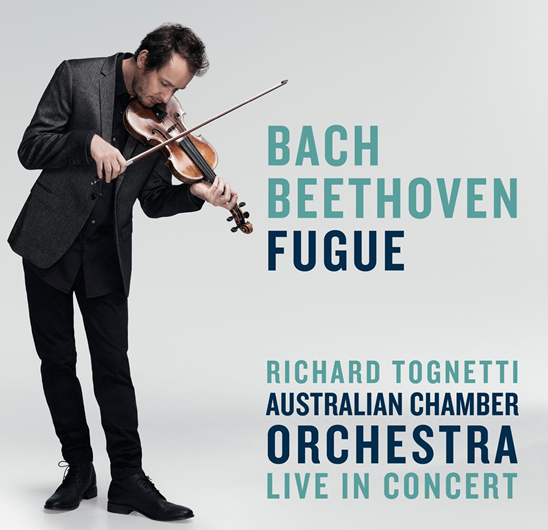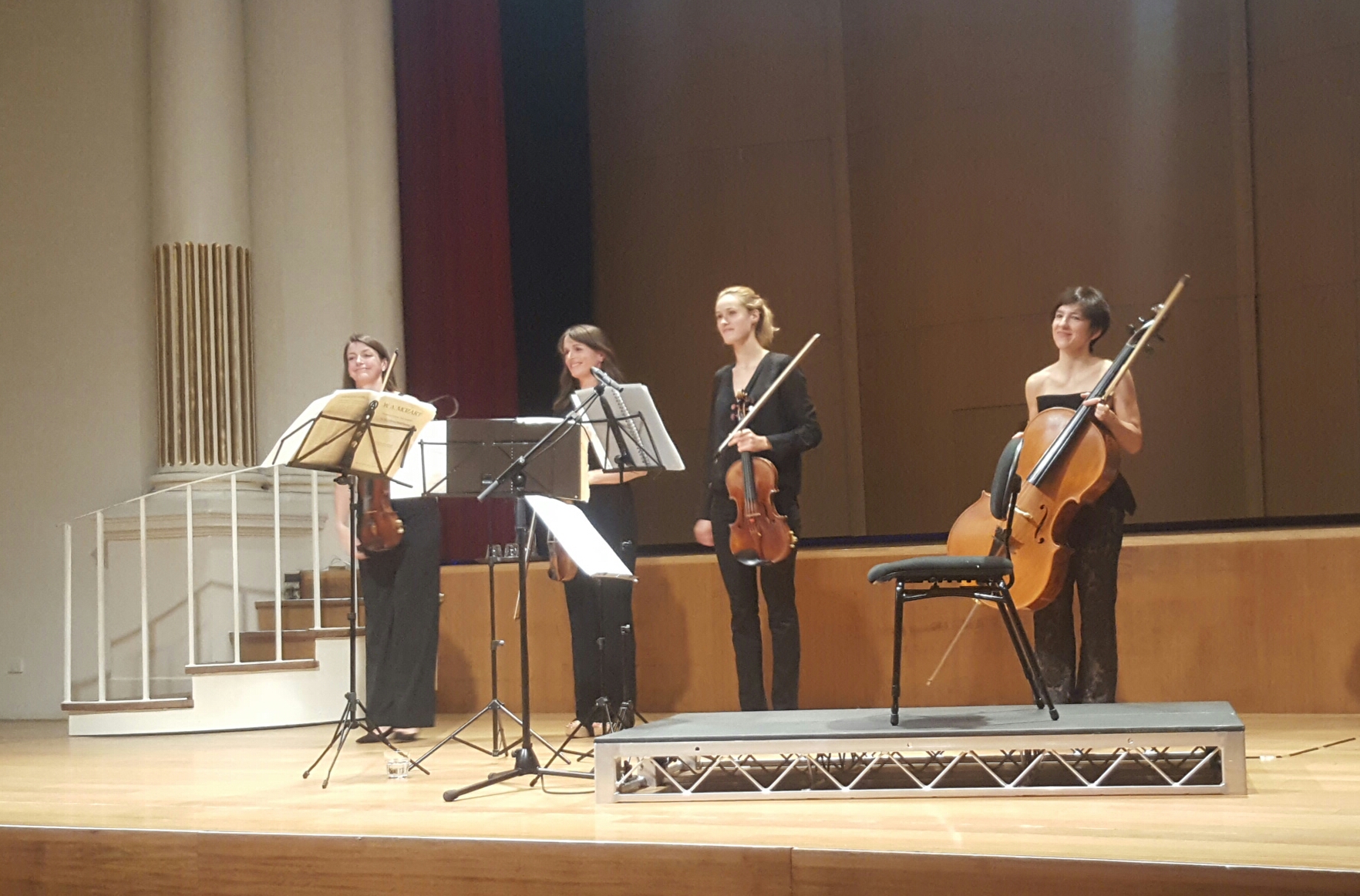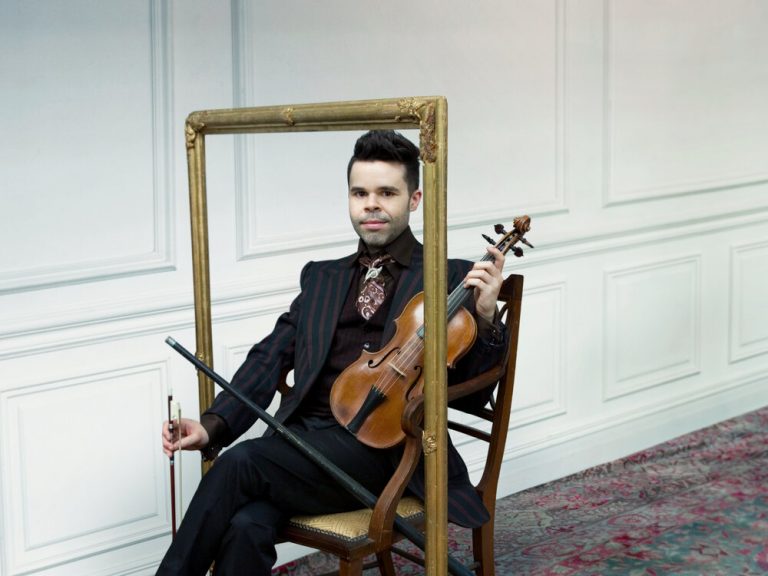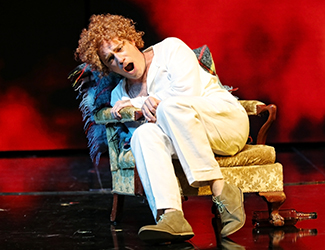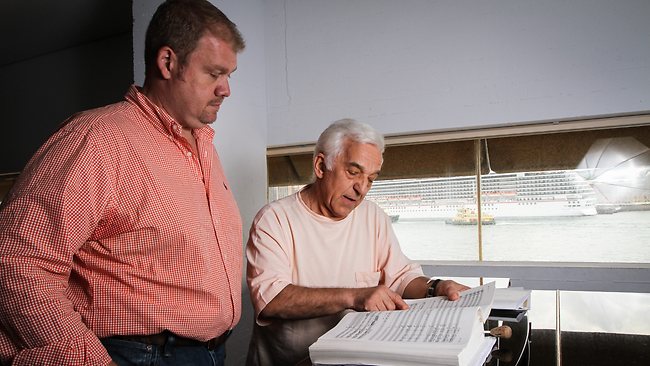CD Review: ‘Pavarotti – The 50 Greatest Tracks’ reflects a life in song
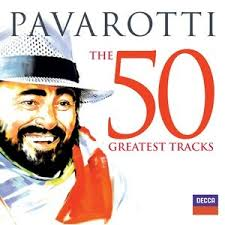
Pavarotti The 50 Greatest Tracks is a new release from Decca commemorating two half century anniversaries. The first is his international debut in 1963 as Edgardo in Lucia di Lammermoor in Amsterdam, followed later that year by his Covent Garden debut as Rodolfo in La Boheme, replacing the indisposed Giuseppe di Stefano – the serendipitous call to the stage which propelled the Modena born tenor to international attention.
The second anniversary acknowledged is the half century since the then 27-year-old tenor began a relationship with Decca, the label he recorded with for his entire career.
The double CD contains 26 tracks on the first disc and 24 on the second. The tracks on CD 1 are mostly arias from opera, bookended by two renditions each of Nessun Dorma – one as a solo and the other with his comrades Jose Carreras and Placido Domingo, from The Three Tenors concert – and Che Gelida Manina – the first version as a more mature singer (date of this recording not stated in review material) and the second version, his first ever recording, made around 50 years ago, discovered by his wife after he died in 2007, now digitally remastered and released for the first time on this collection. The comparison is fascinating and demonstrates the trajectory along which Pavarotti’s voice grew as he matured as a singer – both technically and expressively.
In between are arias from operatic roles for which Pavarotti was famous – in addition to Che gelida manina, is Rodolfo’s other aria from La Boheme, O soave fanciulla – of sentimental interest as it was his debut role at Covent Garden in 1963; his other alter-egos are well represented – 3 offerings from the Duke of Mantua (Rigoletto), Manrico (Il Trovatore), Cavaradossi (Tosca) – the last operatic role he sang in 2004, Pagliacci ( I Pagliacci,), Don Jose (Carmen), Nadir ( Au fond du temple saint, presumably with Ghiaurov, from The Pearlfishers) as well as important arias from less well known roles like Fedora (Amor ti Vieta), Ch’ella mi creda from Puccini’s La fanciulla del West, and M’appari from Flotow’s Martha.
The selection makes the most of Pavarotti’s incomparable bright Italianate sound with most of the arias being in his native language with a few in French. Although critics claimed that his voice and style were ideally suited to Donizetti, there is but one aria composed by him – perhaps, predictably Una Furtiva Lagrima from L’elisir d’amore.
Also on the first CD, Ingemisco from Verdi’s Requiem, acknowledging a memorable performance at La Scala to mark the centenary of Toscanini’s birth. Slipping under the radar and completing the ‘classical’ programme in this first CD the Ave Maria (Bach/Gounod) with choir and Adam’s O Holy Night.
On the second CD, Pavarotti plays with different friends – Bono (Miss Sarajevo), Stevie Wonder, (Peace Wanted Just To Be Free), Eric Clapton (Holy Mother) and Frank Sinatra (My Way); includes an essential selection of Canzone Napolitana (O Sole Mio, Funiculi Funicula, Torna a Surriento, Santa Lucia), and other Italian favourites – Volare, Mattinata, Tu che m’hai, Granada.
Beyond his art for art’s sake, Pavarotti was able to use the power of his personality and his talent, towards music projects with a social message taking his voice beyond the opera theatre. Pavarotti The 50 Greatest Tracks is a representative snapshot of the great man’s life in song, from his purist beginnings to collaborations where the contrasts in style stand proudly side by side emphasising unity above difference.
Shamistha de Soysa for SoundsLikeSydney©
Pavarotti The 50 Greatest Tracks is released in Australia on the Decca label (0289 478 5944 4 ) on October 11th 2013.


